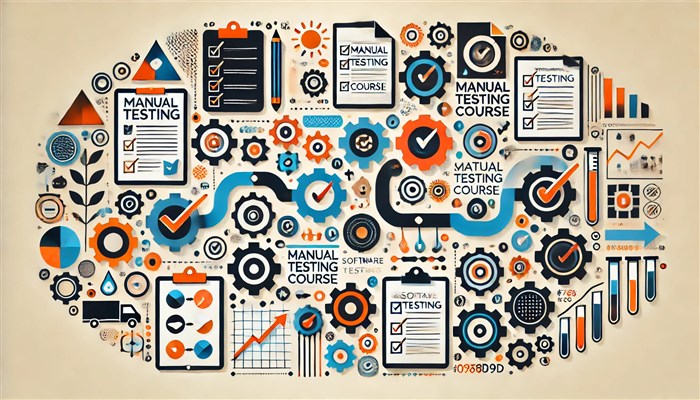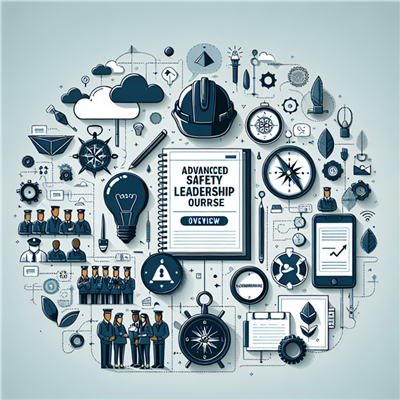
In today’s technology-driven world, software quality assurance (QA) plays a vital role in delivering high-quality products to users. Manual testing, despite the rise of automation, remains an essential skill for QA professionals. For beginners looking to enter this field, enrolling in a comprehensive manual testing course can provide the foundational knowledge and skills necessary for a successful career. In this blog, we will explore some of the top manual testing courses available, their content, and how they can help you jumpstart your QA career.
Why Manual Testing Matters
Before delving into specific courses, it’s crucial to understand why manual testing is still relevant. While automation testing offers speed and efficiency, manual testing provides the human intuition and critical thinking necessary for identifying nuanced issues that automated scripts might miss. It is especially important in scenarios where user experience is paramount, such as usability testing and exploratory testing.
Key Skills Developed in Manual Testing Courses
Manual testing courses typically cover a range of essential skills, including:
- Understanding Software Development Life Cycle (SDLC): Learning the phases of software development and how testing fits into the process.
- Test Planning and Design: Developing test plans, test cases, and test scripts tailored to specific requirements.
- Defect Tracking and Reporting: Utilizing tools to report bugs and track their resolution effectively.
- User Acceptance Testing (UAT): Understanding the importance of validating software from an end-user perspective.
- Agile Testing: Learning how manual testing integrates into Agile methodologies.
Top Manual Testing Courses
1. ISTQB Foundation Level Certification
Overview: The International Software Testing Qualifications Board (ISTQB) offers a globally recognized certification that covers fundamental concepts in software testing, including manual testing.
Course Content:
- Basics of testing, including definitions and key concepts.
- Testing throughout the software lifecycle.
- Static techniques, test design techniques, and test management.
Why It’s Great for Beginners: This certification provides a solid foundation and is recognized worldwide, making it a great starting point for anyone entering the QA field.
Duration: Typically 20-30 hours of study, often supplemented by online courses.
2. Manual Software Testing Training by Udemy
Overview: This course offers comprehensive training on manual testing, tailored for beginners who wish to grasp the fundamentals and practical applications.
Course Content:
- Introduction to software testing and methodologies.
- Hands-on practice in test case design.
- Bug tracking and defect lifecycle management.
Why It’s Great for Beginners: With a hands-on approach and numerous practical examples, this course helps students understand real-world scenarios in manual testing.
Duration: Approximately 10 hours of video content, with lifetime access.
3. Software Testing Masterclass (2023) by Udemy
Overview: This masterclass is designed for those who want an in-depth understanding of manual testing, along with exposure to automation concepts.
Course Content:
- Testing fundamentals and methodologies.
- Hands-on sessions covering test planning, execution, and reporting.
- Exploration of Agile and its impact on testing.
Why It’s Great for Beginners: The course provides a comprehensive curriculum that spans both manual and introductory automation testing, giving a well-rounded perspective.
Duration: Over 30 hours of content with practical exercises.
4. QA Manual Testing by LinkedIn Learning
Overview: LinkedIn Learning offers a course focused on manual testing methodologies, aimed at those new to the QA field.
Course Content:
- Test case creation and execution.
- Risk-based testing strategies.
- Basics of defect management.
Why It’s Great for Beginners: The course is structured to build confidence in manual testing skills and is suitable for those looking to start a career in QA.
Duration: Approximately 3 hours, ideal for those with limited time.
5. Software Testing Fundamentals by Coursera
Overview: Offered by the University of Minnesota, this course covers foundational concepts in software testing, including manual testing techniques.
Course Content:
- Software testing principles and best practices.
- Detailed exploration of testing types and levels.
- Project work for practical application of concepts.
Why It’s Great for Beginners: This course combines theory with hands-on projects, allowing learners to apply their knowledge in a structured environment.
Duration: Around 12-20 hours, depending on the pace of learning.
How to Choose the Right Course
When selecting a manual testing course, consider the following factors:
- Your Learning Style: Determine if you prefer video content, hands-on projects, or reading materials. Some platforms offer interactive elements that can enhance learning.
- Certification Value: If you are looking to enhance your resume, consider courses that provide recognized certifications, like ISTQB.
- Course Reviews and Ratings: Check reviews and testimonials from previous students to gauge the effectiveness of the course.
- Instructors’ Expertise: Research the background of instructors to ensure they have relevant industry experience and knowledge.
- Job Market Relevance: Look for courses that cover skills and tools currently in demand in the job market.
Benefits of Completing a Manual Testing Course
Completing a manual testing course offers several advantages:
- Skill Validation: Courses often provide certifications that validate your skills and knowledge, making you more attractive to potential employers.
- Practical Experience: Many courses include hands-on projects that allow you to apply what you’ve learned in real-world scenarios.
- Career Advancement: Gaining foundational knowledge in manual testing can open doors to entry-level QA roles and set the stage for future career growth in software quality assurance.
- Networking Opportunities: Online courses often provide access to forums or communities where you can connect with fellow learners and industry professionals.
Where Can You Get Manual Testing Training?
Koenig Solutions, a leading IT training company, offers a comprehensive manual testing certification training course designed to equip you with the necessary skills and expertise to excel in your QA career. The course covers all aspects of manual testing and prepares you for the certification exam.
To conclude, manual testing plays a crucial role in ensuring the quality of software products. Acquiring a manual QA tester course can pave the way for a successful career in the software testing domain. Start your journey with Koenig Solutions today and make a significant difference in your professional life.
Conclusion
As the demand for quality assurance professionals continues to rise, enrolling in a manual testing course can be a significant step toward launching your career in QA. With numerous options available, from globally recognized certifications like ISTQB to hands-on courses on platforms like Udemy and Coursera, aspiring testers have ample resources at their disposal. By choosing the right course that aligns with your learning style and career goals, you can equip yourself with the skills and knowledge needed to thrive in the dynamic field of software testing. Embrace the opportunity to learn and grow, and you’ll be well on your way to a successful career in quality assurance.





Certification.jpgM.jpg)

COMMENT